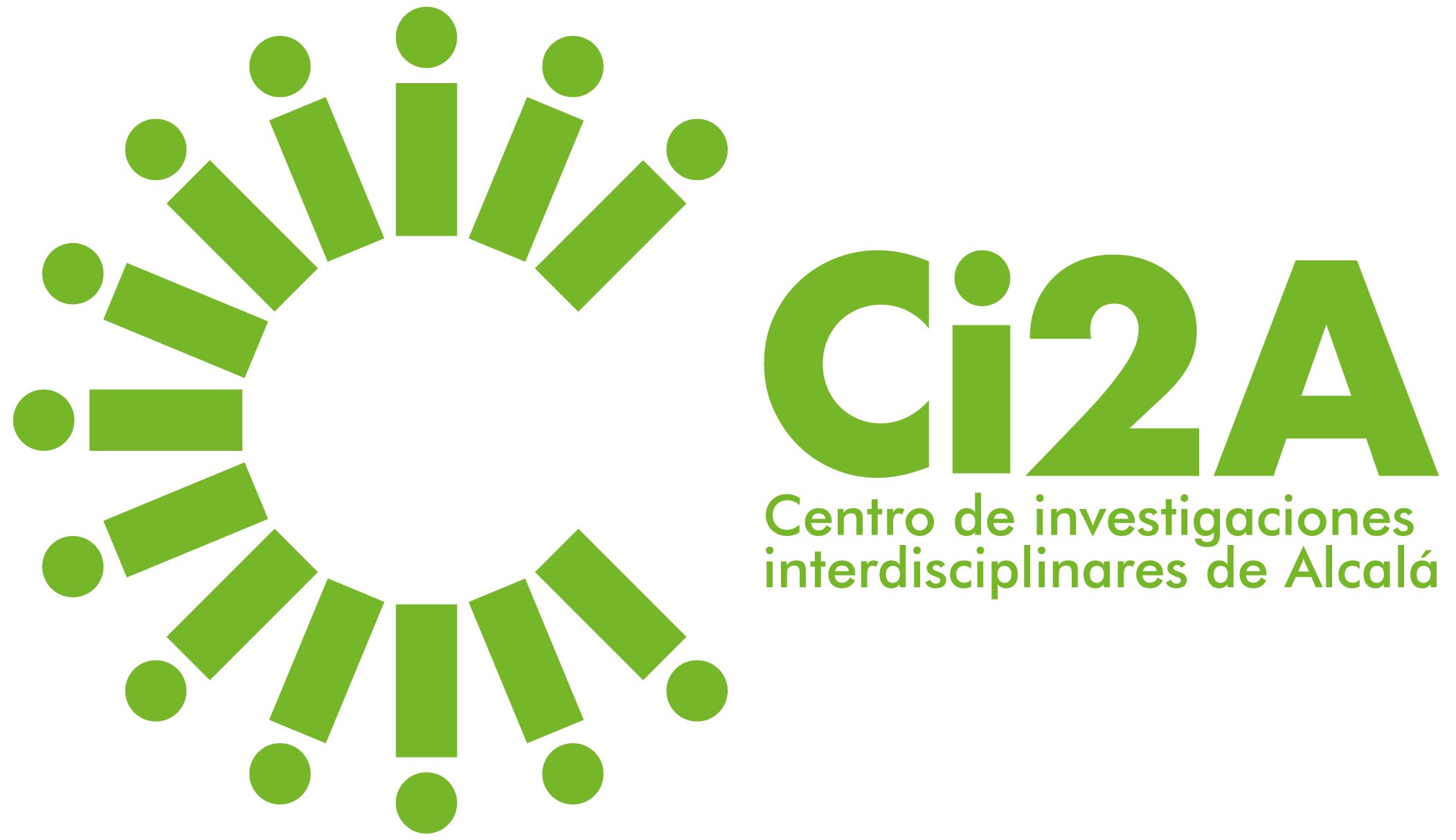Biophysical Interactions
The objective of this Service is the biophysical characterization of the final products prepared within the Institute. Among these tests are the determination of affinity constants of the ligand and the biological target, permeability measurements through different cell membranes, studies of binding to key transporters (PgP) or to plasma proteins, together with additional studies that allow the characterization of drug-like properties of the prepared compounds.

The Service includes:
– A Surface Plasmon Resonance (SPR) machine, Biacore X-100.
– Isothermal Titration Calorimetry Equipment (nanoITC), Microcal PeaQ-ITC.
Both devices allow the detection and monitoring of interactions between two or more molecules (protein-protein, protein-small molecule, peptide-peptide and DNA-small molecule) in real time without using any type of marking. They can determine the specificity and characterize the kinetics, affinity (Kd), enthalpy and entropy of the interaction.
-Other complementary equipment: equipment for determining the quality and functional status of proteins (Tycho NT.6). This uses the measurement based on intrinsic fluorescence with increased temperature (Nano DSF, Tycho NT6). The profile of the folded or unfolded state is unique for each protein, which provides us with the necessary information about the quality of the sample. With this equipment, the functionality of proteins in the presence of their ligands, sample impurities, and discrepancies between two batches of protein samples can be determined. In addition, it discriminates between the most suitable buffers for protein preservation and establishes their storage conditions. It is particularly useful in the case of SPR and ITC assays where the initial conditions in which the experiments are carried out often determine the final result.


CONTACT
Cajal Institute Headquarters: Avda Doctor Arce 37, 28002, Madrid
Ci2A building : Avda. de León 1, 28805, Alcalá de Henares, Madrid
direccion.ic@csic.es
direccion.ci2a@csic.es
Phone: +34 91 585 47 52 (Cajal Institute headquarters)